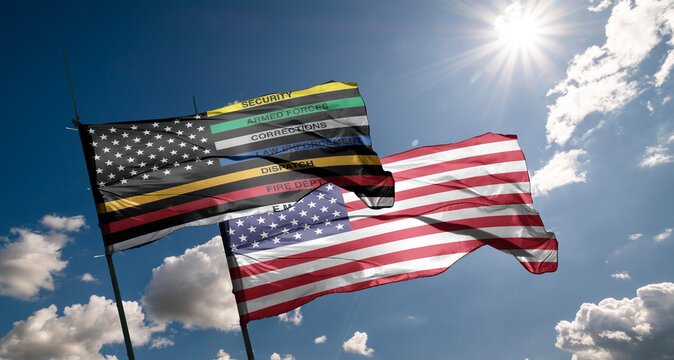First Responders & Veterans
Trauma can be broken down into 3 parts - the event, the experience of the event, and the effect. This is why each person experiences and processes the same event differently. Our own personal resilience, support systems, and coping mechanisms influence our ability to process and grow from our experiences.
Do you feel jaded? Has cynicism started to creep in? Are you looking for ways to feel numb? Are you experiencing more conflict in your relationships? Do you dread going home or to work? Are you getting less than 7 hours of sleep a night?
You may be experiencing symptoms associated with trauma.
My goal is to reduce your problematic symptoms such as sleep problems, addiction issues, and relational issues that may be a result of your lived experiences. It’s crucial to acknowledge that trauma can stem from any experience, expected or unexpected, or a cumulation of experiences.
Trauma and PTSD require a multi-facilitated approach that engages a person’s brain, mind, and body. Therapies such as cognitive-behavioral therapy (CBT), eye movement desensitization and reprocessing (EMDR), and other trauma-focused psychological interventions are effective.
First responders face a unique set of challenges and pressures, often witnessing scenes and situations that most people are fortunate to never encounter. The psychological and emotional toll this can take is significant, and it's crucial that you have access to support systems that understand the specific nature of your work.
I provide a space that is non-judgmental where dark humor is appreciated. and can sit without judgment.
-
PTSD symptoms are grouped into four clusters. You may not exhibit all the symptoms, but you do need to have some symptoms in all categories to be diagnosed with PTSD.
Intrusive Thoughts:
Unwanted, repeated, and distressing memories of a traumatic event
Repeated, disturbing dreams about the traumatic event
Flashbacks; suddenly feeling as if you were re-experiencing the traumatic event.
Feeling emotionally or physically distressed when something reminds you of a traumatic event
Avoidance:
Avoiding feelings, thoughts, and memories of a traumatic event
Avoiding places, people, activities, situations, and/or objects that remind you of a traumatic event
Negative Changes in Thoughts and Moods:
Difficulty remembering significant parts of a traumatic event
Strong negative beliefs about yourself or other people; negative changes to your worldview
Blaming yourself or others for the traumatic event and its aftermath
Experiencing negative emotions such as guilt, fear, horror, anger, and/or shame
Loss of interest in activities you once enjoyed
Feeling detached from other people, including family, friends, and co-workers
Difficulty experiencing positive emotions
Arousal - Changes in Physical and Emotional Reactions:
Irritable behavior, angry outbursts, and/or acting aggressively
Risky or self-destructive behaviour such as driving too fast, drinking too much, not wearing safety equipment properly
Hypervigilant; always watchful or on guard
Easily startled or frightened; feeling jumpy
Difficulty concentrating or focusing
Difficulty falling and/or staying asleep
Being culturally competent to provide mental health services to first responders and veterans is incredibly important to me. I have seen firsthand the dangers of clinicians stating they are competent to work with first responders when they are not. The results of this are detrimental. Not only am I trauma-informed, I can assure you that I am able to hold space for any call, trauma, personal struggle you would like to discuss in session.
As well as meeting with fire departments, doing ride-alongs, reading books and taking trainings for first responders. I also value my own self-care, this allows me to keep my cup full for others. It is important to me that we are a good fit. I encourage my clients to share if they may be a better fit with someone else and will happily provide referrals to other culturally competent providers.
“Human beings seem to be wired in such a way that we cannot rest until we make sense of our experiences” - Ellen Kirschman


